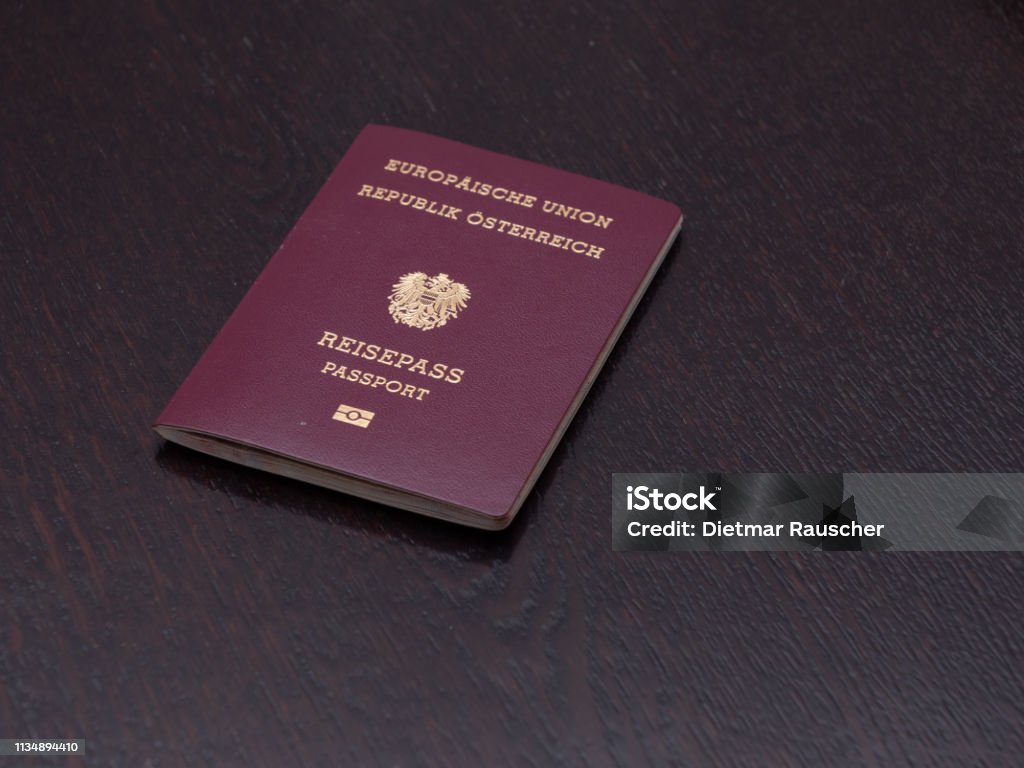Many who value Austria’s great quality of life, robust economy, stunning scenery, and central European position want to be citizens of the nation. Austria is well-known for its rigorous citizenship rules relative to other European Union members. Still, for those who are driven and satisfy the prerequisites, various paths are open. Here are the primary choices for Austrian citizenship.

Citizenship by descent (jus sanguinis)
Austria mostly applies the Jus Sanguinis theory, which holds that citizenship is carried on via blood. Whether or whether you were born in Austria, you are normally qualified for Austrian citizenship if at least one of your parents was an Austrian citizen at the time of your birth. There are subtleties, however; children born out of wedlock to an Austrian father must be formally recognized before the age of 14 to qualify.
Citizenship by naturalization
For foreigners hoping to become Austrian citizens, this is among the most often followed paths. Still, it requires a sustained dedication to live in Austria. The standard requirements include:
- Legal continuous stay in Austria for at least ten years, including at least five years of permanent residency.
- Clearly integrated into Austrian society, with at least B1 level of German language competency.
- Evidence of consistent income and a clean criminal background.
- Understanding of Austrian history, democratic order, and the rule of law.
Sometimes, like with refugees or stateless people, the necessary length of residency may be less.
Citizenship by marriage
Although it offers a more easily available path, marriage to an Austrian citizen does not immediately confer citizenship. A foreign national may apply for naturalization if they have resided in Austria continuously for six years and been married to an Austrian citizen for at least five years. Still relevant are other factors like financial stability and German language competency.
Citizenship by investment
Unlike many nations providing official citizenship-by-investment schemes, Austria provides a very limited avenue under Section 10(6) of the Austrian Citizenship Act. Nationality may be awarded in honor of extraordinary services to the Republic including significant financial commitment, employment creation, or scientific, artistic, or athletic accomplishments. Rare and assessed case-by-case, these projects frequently need government permission at the highest level and spending in the millions of dollars.
Citizenship for EU or EEA nationals
Although they must still follow the normal naturalizing procedure, nationals of European Union (EU) or European Economic Area (EEA) nations will find greater ease in Austria. Their freedom of mobility and access to work, however, help to ease meeting the residence and integration criteria.
Citizenship by adoption
Provided certain requirements are satisfied, children under the age of 14 who are adopted by an Austrian citizen will immediately become citizens.
Special cases and discretionary citizenship
Under rare circumstances for humanitarian or political reasons, or to those with Austrian heritage who were victims of persecution, the Austrian government could award nationality. E.g., descendants of Jews persecuted by the Nazi government. As Austria works to right past injustices, this procedure has attracted increased interest recently.
Dual citizenship policy
Strict policies against dual citizenship apply in Austria; most of the time, applicants must renounce their former citizenship to become Austrian. Exceptions are made for those awarded nationality under exceptional services or in cases where renouncing the original nationality is impractical or logical impossibility.
Conclusion
Though the road to Austrian citizenship might be long and difficult, it is achievable with patience, assimilation, and satisfying legal criteria. Whether Austrian by origin, marriage, or long-term residence, the key to citizenship lies in demonstrating genuine loyalty to Austria, embracing its culture, and respecting its laws. Knowing the choices and organizing your life will enable you to effectively negotiate the road to becoming an Austrian citizen.
You may also find these articles helpful
Frequently Asked Questions on Austria
Understanding the impact of criminal records on immigration to Austria
Assessing social benefits and welfare as an immigrant in Austria
